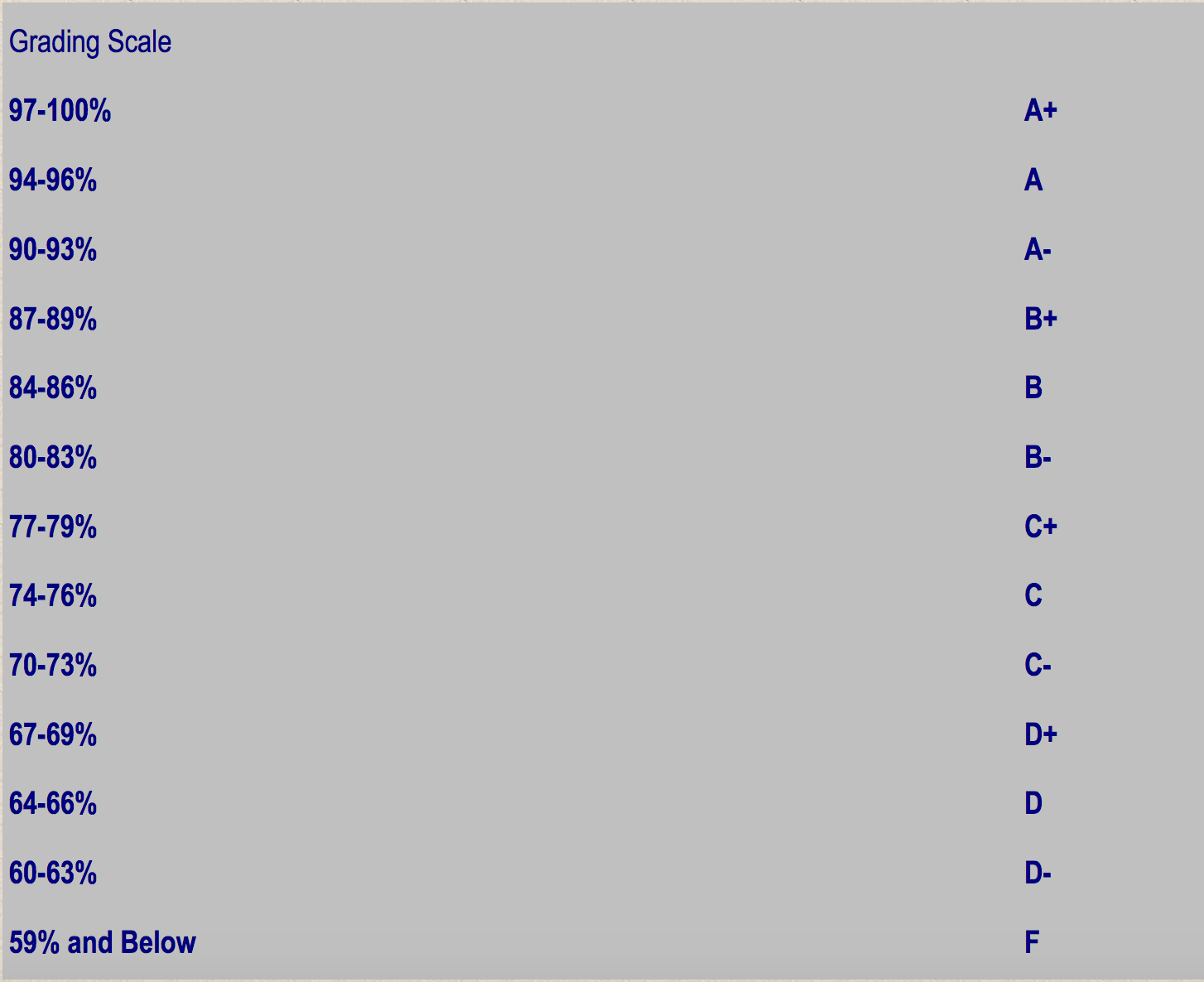
Home | Overview | Schedule | Case Method
EVS
6937
An Online Course
Graduate Seminar in Environmental Policy
Department of Marine & Ecological Sciences College of Arts & Sciences Florida Gulf Coast University Fort Myers, FL
Instructor: Terry Wimberley, Ph.D., Professor twimber@fgcu.edu Phone: 239.405.4164 Office: 189 Merwin Hall Weekly Consultation Hours (Policy): 9-Noon Thursdays by Phone (239.405.4164) Facetimeor Skype And By Appointment Office appointments only scheduled if telephone, Facetime and/ or Skype consultation proves ineffective. |
|
Course objectives. Students participating in this policy seminar will:
This is an advanced course. The readings, discussions, and assignments are structured with the expectation that the student has some understanding of environmental policies and some proficiency in policy analysis. Required
Texts:
(NOTE: All texts are available in
electronic format for use on an Ipad, Kindle, Nook or any laptop or desk
top computer that can use Kindle, Nook or other ebook reader that supports
these texts. What this means is that there is no reason for any student
to report to me they are unable to fully participate in this course
during the very first class session due to lack of a textbook).
Rosenbaum, Walter A. (2016) Environmental Politics and Policy. (10th Edition) Washington, DC: CQ Press. Layzer, Judith A. (2011) The Environmental Case: Translating Values into Policy (3rd Edition). Washington, DC: CQ Press. Wimberley, Edward T. (2018) Homegrown Ecopragmatics. Champaign, IL: Common Structure of the Class. Each week you will be given assignments and reading from the texts for the course and will be asked to complete either short answer homework questions or short papers pertaining to the week's assignment. You will also be required to complete a course paper and a comprehensive exam for the course. All coursework will be conducted online.
Grading
basis.
Class Participation and Attendance Class participation and attendance is measure by weekly turning in assignments posted during each week's session (See Course Overview page for more detail). Weekly Homework Questions Students will be assinged a number of discussion questions related to readings that they must answer weekly (See Course Overview page for more detail). Failing to participate in weekly class assignments without instructor permission will result in students being withdrawn from the class. Any work mailed in from any other email source - even if mailed in if mailed to the instructor's Canvas email address - will not be graded for the simple reason that when such work is mailed from an external email account to Canvas it is not received on Canvas in any way that the instructor can retrieve. Consequently, work submitted in such a way cannot and will not be graded. For that matter, any work submitted to the instructor by any email source outside of Canvas that is sent to the instructor's FGCU email address or to any other instructor email addresses will also not be accepted or graded - period. The same applies for any assignment that is simply typed into the email field of any Canvas email homework submission. Research Paper
The research paper will address a topic
derived from the case studies found in The Environmental Case by Judith
Layzer (2012) as well as from among the cases found in Wimberley's Homegrown Ecopragmatics (2018). Students will
develop their research paper around the case study chapter they draw
from this text . Students will thoroughly research the literature around
which the case has been developed and will update information on the
case whenever that information is available. The paper must be written in the case study analysis format provided under the link at the top of this web page which is entitled "Case Method." They will also compare the
case they are working on to similar cases that have dealt with similar
issues and critique similarities and dissimilarities. The research
case analysis must be well-supported with full citations and references.
The paper should provide a careful
critical analysis of the policy and/or scholarly issue you are working
on. You
should cite (and make analytical use of) supporting
documents from the scholarly literature and/or appropriate texts, as
well as primary sources for government policy, in addition to the main
document you are critiquing. The paper must be no more than 30 pages in
length, double-spaced, with ample margins for instructor’s comments
Attribution of Ideas and Academic Honesty.
Take
care to properly attribute text and ideas when citing published
literature or other work, including Internet sources. Directly-quoted
text and adapted ideas from
previous work must be fully cited and documented. Failure to do this is
not only careless scholarship but actually violates academic standards.
Students are expected to understand the definitions of all forms of
plagiarism. Students who violate the prohibition against plagiarism will
fail the course with a “permanent F.” Please refer to in-class
discussions, and feel free to discuss with me further, to be sure you
understand proper use and attribution of ideas in academic writing.
|
